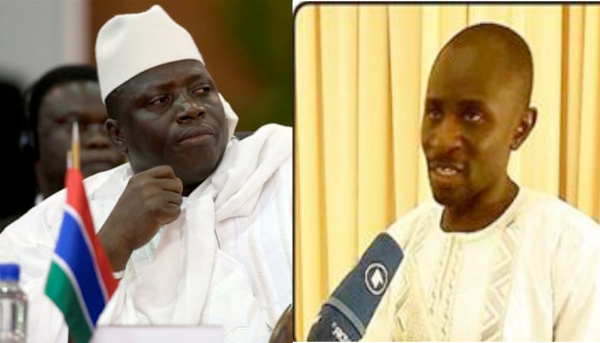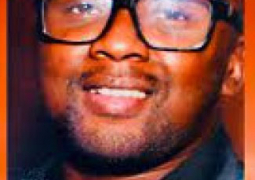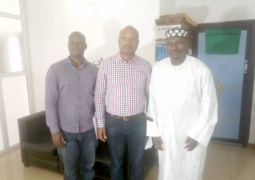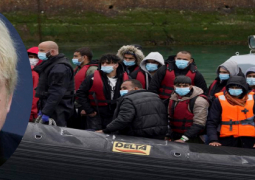
He warned that there will be no meaningful security reform programmes so long Jammeh’s as enablers and perpetrators continue to serve and hold key positions in the various security units.
“We have come too far to go back to Jammeh tactics of doing things. I think we should all come together to make our voices heard by the authorities in power. We know 2021 is an election year and we know politicians and their intentions. They could do everything necessary just to be elected.”
Mr. Kijera was speaking on Friday at Tango during The Gambia’s Civil Society Organisations’ press conference.
“Let’s make this clear to the government of the day; that they should not make the mistake of bringing former President Yahya Jammeh in this country as a private citizen because it’s going to make this “country hostile,” he further warned.
According to him, they will not sit and watch that happen in this country. “If the government of Adama Barrow thinks that by silencing people like Madi Jobarteh among other people in the country so as to push their political agenda, then they are making a great mistake because we will never sit and watch that happen. This nation has fought so hard to make the change that happened in 2016. We are not going to sit and watch that happen in vain.”
Many people, he said, “died in the cause of liberating this country and many people disappeared” and many people have been victimised all in the name of state apparatus and state actors just to perpetrate self-rule in this country. We are not going to sit and watch that happen. We have registered more than one thousand victims with the Victim’s Centre and we have registered various categories of victims of human right violations from enforced disappearance to extra-judicial killings and unlawful arrests.”
Sheriff Bojang Jnr, the president of The Gambia Press Union (GPU), said Madi Jobarteh is an official member of the GPU; hence his arrest and subsequent charges by the police touch freedom of expression.
“My brothers and sisters in the media, if Madi can be invited by the police and denied leaving the station even when the police told him that he was not under arrest, I believe everybody should be concerned. We have seen that this is not a new trend in the country.”
In the last decades of the former regime, he stated that journalists struggled to interview people because they didn’t have access to people. “It was very difficult because everybody in the country saw journalists as threats or saw media interviews as death warrants. What happened to Madi is not a mistake or an isolated incident but it has been building in the country.”
“If the government silences the person who talked about the rights of you and me, what will not make them silence your right?





